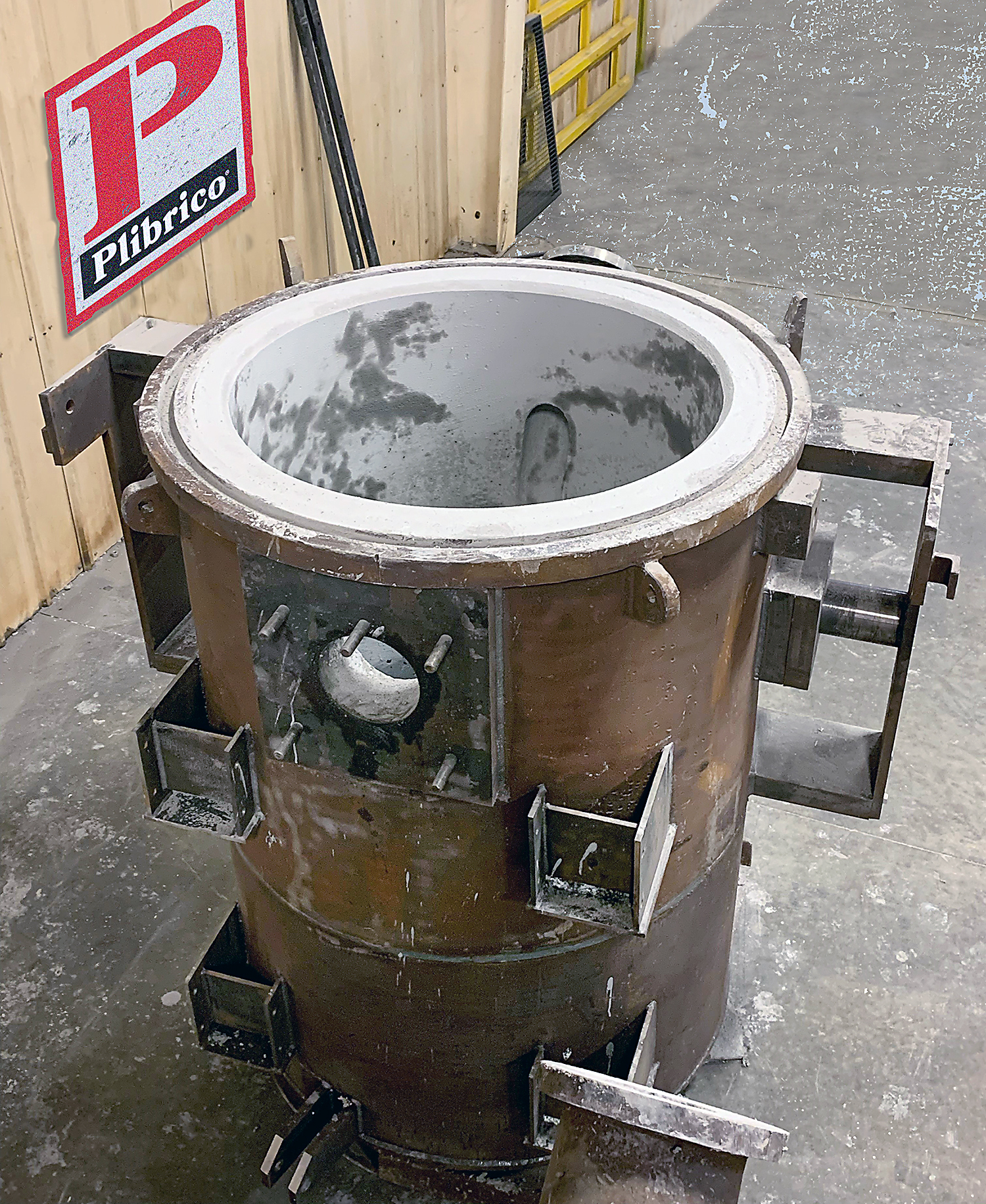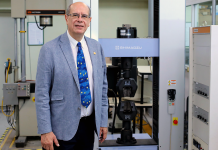
The Plibrico Company, a leading supplier of monolithic refractories and installation services, announced its refractories are being used by ELYSIS to safeguard the operation of the world’s first carbon-free aluminum smelter. ELYSIS is a joint venture between Alcoa and Rio Tinto Group that is financially supported by Apple as part of its Green Bonds program. ELYSIS smelting technology takes the novel approach of leveraging an inert anode that eliminates all greenhouse gas (GHG) emissions, emitting instead only pure oxygen as its by-product.
According to the International Aluminum Institute, for each ton of aluminum produced, approximately 11.5 tons of carbon is released. The groundbreaking smelter technology from ELYSIS, protected by Plibrico refractory linings, represents an innovative new strategy for aluminum processors to reduce their carbon footprint and address global climate change in the drive to a Net Zero carbon future.
Plibrico nonwetting refractories protect the linings of ELYSIS smelting units, acting as a thermal barrier between the liquid aluminum and the walls of the vessel, therefore preventing corrosion while ensuring maximum heat retention for greater energy efficiencies.
During development, Plibrico collaborated closely with ELYSIS in identifying the critical refractory specifications required for safe, long-term operation in temperatures approaching 1,000°C. Research highlighted the need for a refractory that provided:
- Superior resistance to aluminum wetting and penetration.
- Chemically stable, with no silica diffusion.
- Durability and dependability, field tested.
- Excellent thermal shock resistance.
- Outstanding thermal storage capacity.
Plibrico engineers and project managers pinpointed the precise formula needed from the company’s vast portfolio of refractory materials, setting ELYSIS on the fast track toward bringing its technology to market as quick as possible.
Plibrico’s alliance with ELYSIS extended beyond designing the lining specifications and providing the refractory materials, to include casting lining sections, and meticulously installing the linings inside the equipment at Plibrico’s Salem, Ohio, location.
Supported by Plibrico refractories, ELYSIS is ramping up production to a commercial scale at its Industrial Research and Development Center in Saguenay (QC), Canada. Apple has used the first batch of its commercial-purity, low-carbon aluminum in the new iPhone SE. In addition, Audi has announced plans to manufacture the wheels for its e-tron GT sports car using a combination of ELYSIS aluminum and Alcoa low-carbon EcoLum™ aluminum.
“Plibrico is proud to have supplied enabling refractory technology to ELYSIS to help it lay a pathway for the aluminum industry to a more sustainable future,” said Brad Taylor, president and CEO of the Plibrico Company. “ELYSIS’ disruptive technology has the potential to transform the way the aluminum sector — and the world — is addressing the climate crisis. Plibrico refractory materials will now literally ‘touch’ all users of Apple IPhone SE and Audi e-tron GT sports cars.
“For decades Alcoa has relied upon Plibrico durable nonwetting refractories to protect its furnaces and aluminum thermal processing equipment. We are honored that when Alcoa’s lead engineers needed refractory advice for this bold, ambitious project, they approached Plibrico for the answer.”
ELYSIS technology is on track to be commercially available by 2024, both as a “drop-in” replacement to retrofit existing aluminum smelters and in the building of new units.
MORE INFO www.plibrico.com
























